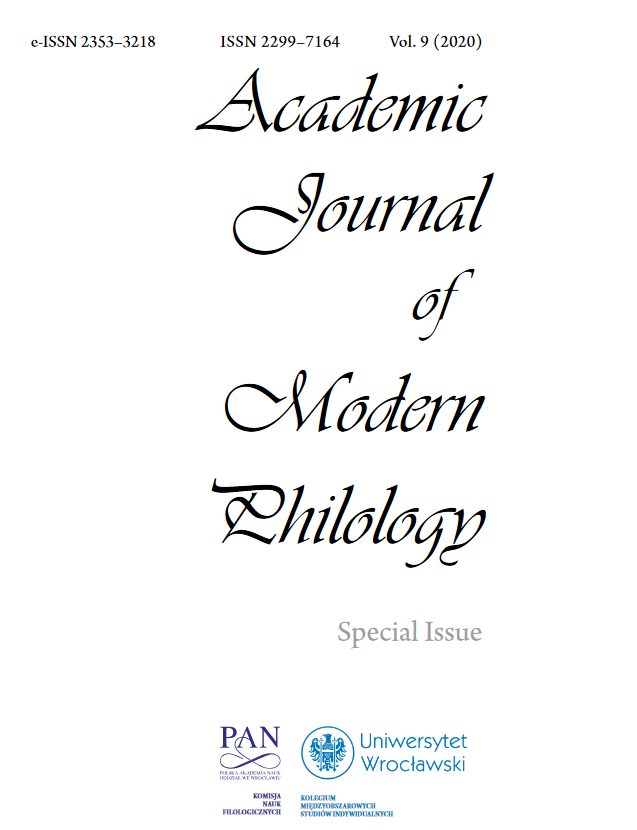La définition cognitive du RÉFUGIÉ en langue polonaise
The Cognitive Definition of REFUGEE in Polish Language
Author(s): Aline ViviandSubject(s): Language studies, Language and Literature Studies
Published by: Komisja Nauk Filologicznych Oddziału Polskiej Akademii Nauk we Wrocławiu
Keywords: refugee; Polish; cognitive definition; ethnolinguistics
Summary/Abstract: The reception of refugees on Polish territory remains a subject of tensions between Poland and the European Union, following the question of migrant relocation on European soil, which emerged in 2015. However, beyond the various political, economic or even cultural questions that may have been raised, we can wonder about the exact meaning of the Polish lexeme uchodźca (“a refugee”), which is at the heart of the debates. The study of the semantic features that the Poles themselves associate with this word is decisive for better understanding this nation in its positions towards the “refugee question”. These semantic features, deriving from the representations of the speaking subjects rather than the dictionaries or the international law is called in cognitive ethnolinguistics cognitive definition. Therefore, the numerous features of such “refugee” definition may be not only related to politics and economics but they can have also a strong sociocultural, geographical, biological, psychical and even religious dimension. These features will allow us to present three portraits: the portraits of the threatening-refugee, of the threatened-refugee and a portrait of another kind: the benevolent-refugee.
Journal: Academic Journal of Modern Philology
- Issue Year: 2020
- Issue No: 9
- Page Range: 207-219
- Page Count: 13
- Language: French

